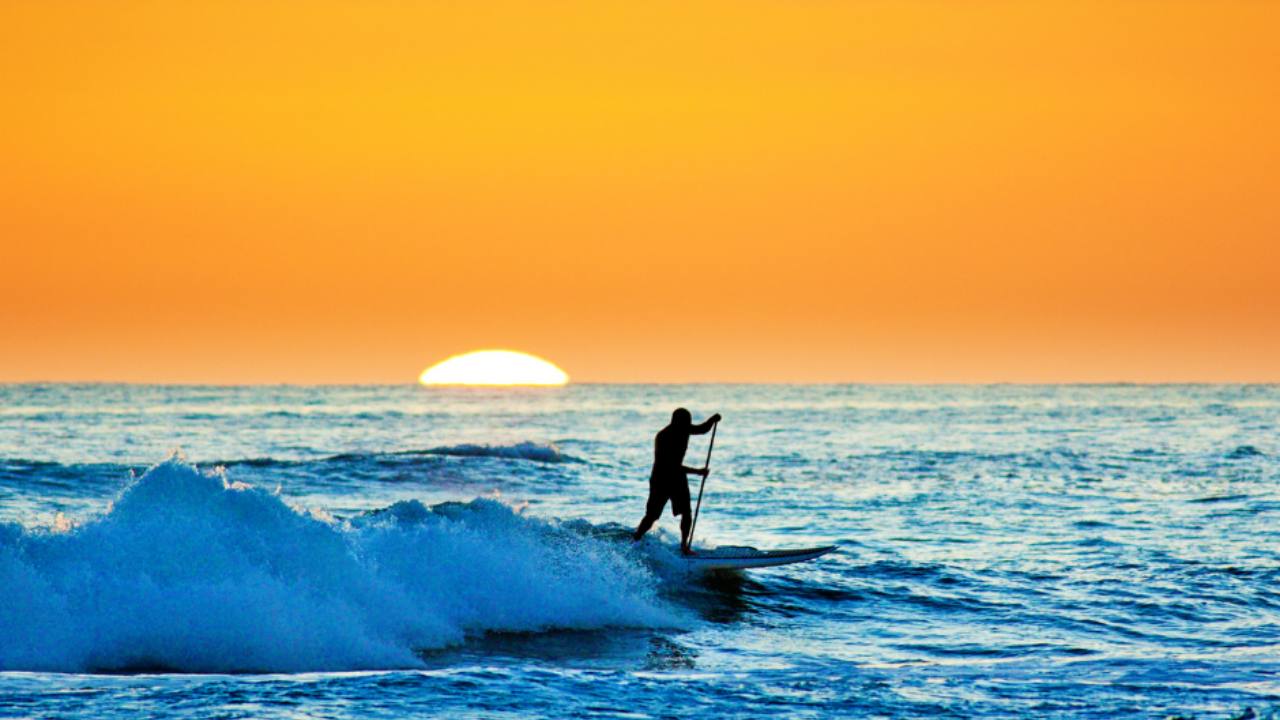Waves and Wakes: Reflection
Reflections: Paddle-boarding on Waves & Wakes
Last November, I promised part 2 of my paddle-boarding lesson - so here it is. If you’ve ever been paddleboarding in the ocean, you know to expect waves. You bend your knees, stay flexible, and adjust your stance to keep your balance. It’s part of the experience - you anticipate the movement of the water and respond accordingly.
But paddleboarding on a still lake? That’s different. You don’t expect waves, so you stand with a different posture—more rigid, more relaxed, assuming the water will stay calm. Then, out of nowhere, a boat or a jet ski passes, sending a wake your way. If you’re not ready, the sudden shift can knock you right off your board. Your default expectation causes a more jarring unpleasant experience. You may even experience anger at the driver.
The same is true in life, in medicine, and in moments like last week's Match. Some challenges - like the long road to (and through) residency - are ones we expect, and we prepare ourselves to navigate them. But others—the unexpected shifts, the ones we never thought would happen - can throw us for a loop if we aren’t mentally prepared for the possibility that wakes will come.
What if, instead of assuming calm waters, we expected that surprises, both big & small, good & bad, are always part of the journey?
When you expect the unexpected, you meet challenges with less frustration, less stress, and more ability to adjust.
And just like in paddleboarding, it’s not just about flexibility—it’s also about having a strong core. Your core muscles keep you steady when the waves come. In life, that core strength comes from your values, your purpose & vision, and your mindset. It may also come, at times, from your support system - the people who help you regain balance when things don’t go as planned.
Reflection Questions:
What are the “waves” you already know are part of your journey? How are you preparing for them?
What “wakes” have caught you off guard in the past? How did you respond?
How might you shift your mindset to anticipate the unexpected rather than be thrown off by it?
What would help you when the unanticipated happens - how can you change your posture, access flexibility, and engage your core?
What is at your core - the internal (values, purpose) and external (support system) - that keeps you steady?
The goal isn’t to control the water and be angry at it or place blame on the drivers of the boats. It’s to expect the waves, strengthen your core, adjust when the wakes come, and keep your eyes on your destination—making the journey more joyful and fun when the turbulence is as expected, & navigable and growth-filledwhen they're not.





Responses